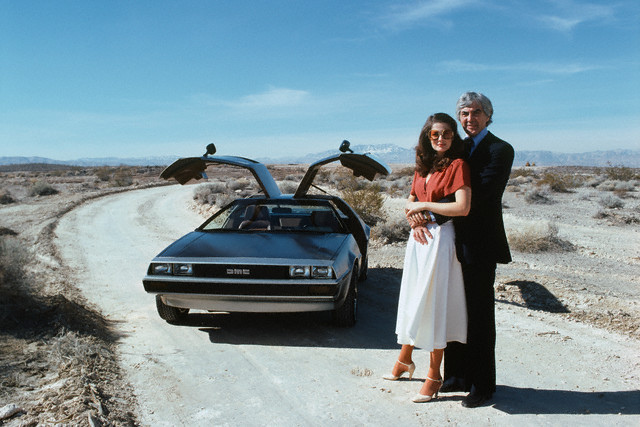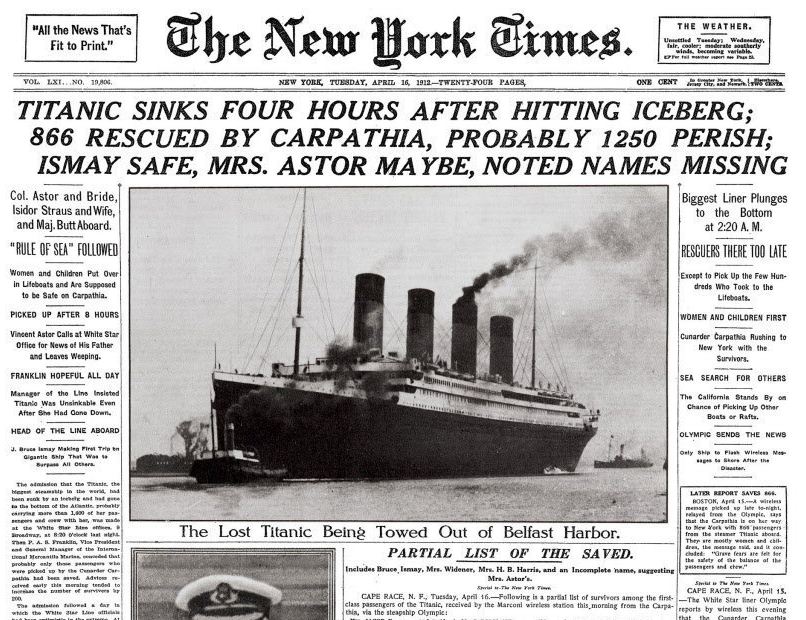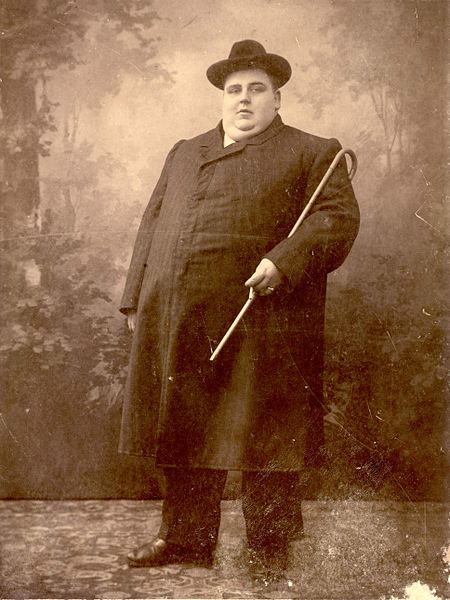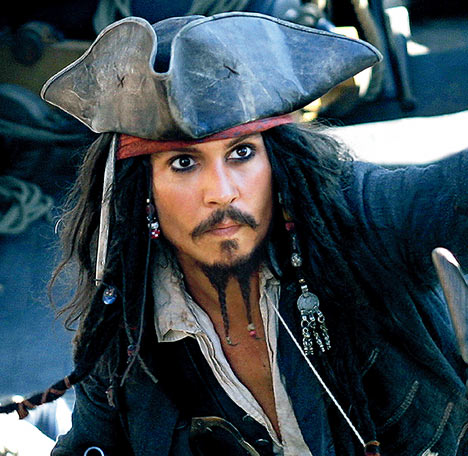From “Omens,” Ross Andersen’s excellent new Aeon essay which, with the help of philosopher Nick Bostrom, wonders whether humans will survive in the long run:
“Bostrom isn’t too concerned about extinction risks from nature. Not even cosmic risks worry him much, which is surprising, because our starry universe is a dangerous place. Every 50 years or so, one of the Milky Way’s stars explodes into a supernova, its detonation the latest gong note in the drumbeat of deep time. If one of our local stars were to go supernova, it could irradiate Earth, or blow away its thin, life-sustaining atmosphere. Worse still, a passerby star could swing too close to the Sun, and slingshot its planets into frigid, intergalactic space. Lucky for us, the Sun is well-placed to avoid these catastrophes. Its orbit threads through the sparse galactic suburbs, far from the dense core of the Milky Way, where the air is thick with the shrapnel of exploding stars. None of our neighbours look likely to blow before the Sun swallows Earth in four billion years. And, so far as we can tell, no planet-stripping stars lie in our orbital path. Our solar system sits in an enviable bubble of space and time.
But as the dinosaurs discovered, our solar system has its own dangers, like the giant space rocks that spin all around it, splitting off moons and scarring surfaces with craters. In her youth, Earth suffered a series of brutal bombardments and celestial collisions, but she is safer now. There are far fewer asteroids flying through her orbit than in epochs past. And she has sprouted a radical new form of planetary protection, a species of night watchmen that track asteroids with telescopes.
‘If we detect a large object that’s on a collision course with Earth, we would likely launch an all-out Manhattan project to deflect it,’ Bostrom told me. Nuclear weapons were once our asteroid-deflecting technology of choice, but not anymore. A nuclear detonation might scatter an asteroid into a radioactive rain of gravel, a shotgun blast headed straight for Earth. Fortunately, there are other ideas afoot. Some would orbit dangerous asteroids with small satellites, in order to drag them into friendlier trajectories. Others would paint asteroids white, so the Sun’s photons bounce off them more forcefully, subtly pushing them off course. Who knows what clever tricks of celestial mechanics would emerge if Earth were truly in peril.”


























